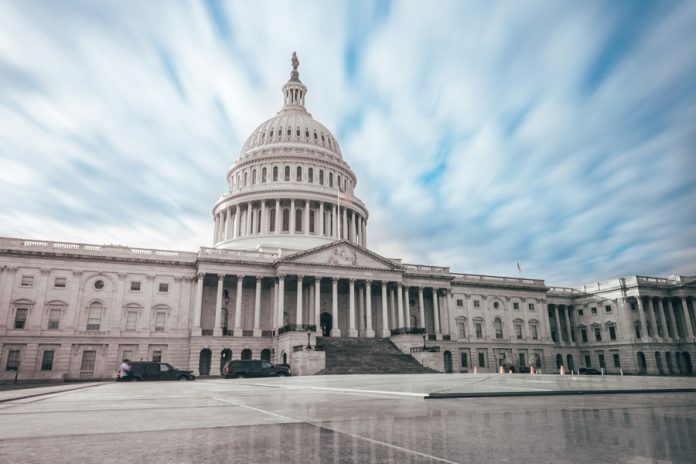The polls have closed, and the US is preparing for a second term with President Trump. As expected, the international education sector is waiting with bated breath to see what the next four years will bring for them.
Taking a look back over the last 12 months, and reflecting on the previous Trump administration, we may be able to get a glimpse at what’s to come.
The Trump campaign have already dropped some hints at potential new government policy, regarding immigration and work rights.
President-elect Trump’s controversial Middle-East travel ban, initially implemented during his first term and then later rescinded by President Biden, is expected to be reinstated by the next government.
The original policy from 2017 stopped all visas for nationals from seven countries, but was eventually changed to allow student visas. However, according to President of UniApplyNow Jenny Nieveen, despite a slight reduction in students from certain countries, the effect of the previous ban was ‘not significant’.
Speaking to StudyTravel Magazine, she said: ‘What would be significant if the ban was reinstated, would be to tarnish again the global perception of the US as a welcoming country, particularly among Muslim-majority nations.’
Though international students were not mentioned explicitly in the Republican manifesto, Trump has previously expressed that he would like to make it easier for graduates to work in the US. However, his campaign team clarified that this would ‘only apply to the most thoroughly vetted college graduates who would never undercut American wages or workers’.
Commenting on this possibility, Manisha Zaveri, managing director of Career Mosaic said in a LinkedIn post: ‘If Trump follows through on his green card pledge, the US could become even more attractive to Indian students.’
Outside of these potential policy changes, international education stakeholders have expressed what they would like to see from the upcoming presidency.
Speaking to The PIE News, Ben Waxman, CEO of Intead has said he wants to see more ‘scientific collaboration’ between the US and Canada:
‘Based on our and other’s research, international students employed in the US foster innovation (new patents) and overall job and economic growth. The more talent the US draws, the more the economy grows as US employers achieve more.’
LaNitra Berger, president of NAFSA said the association ‘has a history of working with every administration, regardless of political affiliation’ and that will not change:
‘In the first 100 days of the new administration […] NAFSA will continue to leverage its staff expertise, US for Success Coalition partners, grassroots advocates, and government relationships to champion policies that expand access to study abroad and make the US a welcoming destination for international students and scholars.’
In an official statement from TESOL, Jeff Hutcheson said the association will ‘continue to advocate’ for the ELT profession:
‘The US federal government plays an essential role in influencing education policy, funding, and other resources that are vital for the success of ELT professionals and the achievement of their students. In addition, domestic US education policies can greatly impact ELT professionals outside the United States.
‘…we will provide the newly elected administration and congressional leaders with priorities for the federal government in supporting [multilingual learners of English] and ELT professionals at all educational levels.’
In terms of how the next administration may affect the market, the Gazette has previously reported on what a Trump or Harris presidency could mean for prospective students.
Prior to the election, the US was one of the top choices for international students, and it remains to be seen if that will change. However, responses to a recent survey from IDP Education, suggest that more than half of students will not be influenced by the election when choosing to study in the country.
‘Regardless of the election outcome, many international students have lifelong goals of studying in the US,’ said IDP Connect CEO, Simon Emmett.
Alternatively, of those who said the outcome would effect their decision, 43% showed a preference for Trump, with men more likely to favour that result.
Though students who were hoping for a Harris victory will likely be disappointed, the influence of the new administration on both international policy and personal opinion will almost certainly have a big effect on the market as time goes on.







